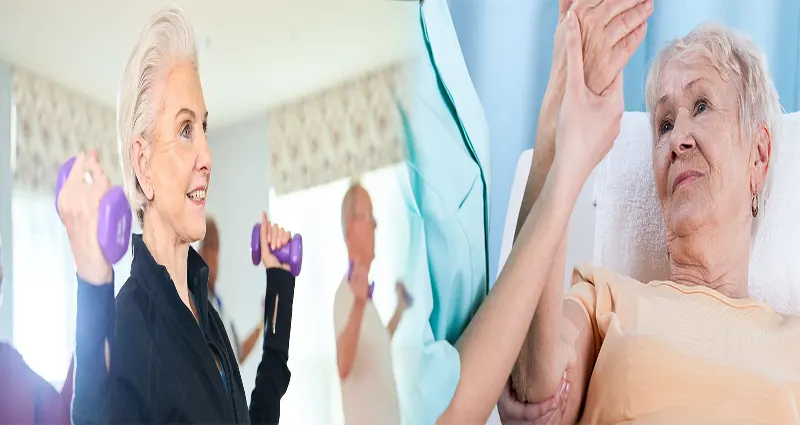As women age, maintaining strong and healthy bones becomes increasingly important to prevent conditions such as osteoporosis and fractures. Adequate bone density plays a crucial role in overall health and mobility. In this article, we will provide some valuable tips to help older women improve their bone density and maintain optimal bone health.
1. Get Sufficient Calcium and Vitamin D:
Calcium is an essential nutrient for building and maintaining strong bones. Dairy products, green leafy vegetables, and fortified foods are great sources of calcium. Vitamin D is also crucial as it helps the body absorb calcium efficiently. Spend time outdoors to soak in some sunlight, as it is a natural source of Vitamin D. Alternatively, consider taking Vitamin D supplements to ensure you meet your daily requirements.
2. Engage in Weight-Bearing Exercises:
Weight-bearing exercises such as walking, jogging, dancing, and strength training help stimulate the bones, leading to improved bone density. These activities put pressure on the bones, prompting them to become stronger over time. Aim for at least 30 minutes of weight-bearing exercises most days of the week to reap the benefits.
3. Quit Smoking and Limit Alcohol Consumption:
Smoking has been linked to decreased bone density, while excess alcohol consumption can interfere with the body’s ability to absorb essential nutrients for bone health. Quitting smoking and moderating alcohol intake can positively impact bone density and overall health.
4. Maintain a Balanced Diet:
Incorporating a variety of nutrient-dense foods in your diet is crucial for supporting bone health. Ensure your meals include adequate amounts of protein, magnesium, phosphorus, and other bone-boosting nutrients. A balanced diet rich in fruits, vegetables, whole grains, and lean proteins will provide the necessary nutrients to keep your bones strong.
5. Regular Bone Density Testing:
Consulting with your healthcare provider about bone density testing can help you understand your current bone health status. Based on the results, your doctor can provide recommendations for improving bone density and reducing the risk of fractures.
6. Consider Hormone Therapy (if appropriate):
For some women experiencing menopause, hormone therapy may be an option to help maintain bone density. Discuss the potential benefits and risks of hormone therapy with your healthcare provider to determine if it’s a suitable choice for you.
Prioritizing bone health is vital for older women to maintain strength, mobility, and overall well-being. By incorporating these bone density improvement tips into your lifestyle, you can take proactive steps towards ensuring optimal bone health as you age.
Remember, it’s never too late to start focusing on your bone health. Consult with your healthcare provider before making any significant changes to your lifestyle or diet to ensure they are suitable for your individual needs and circumstances.









